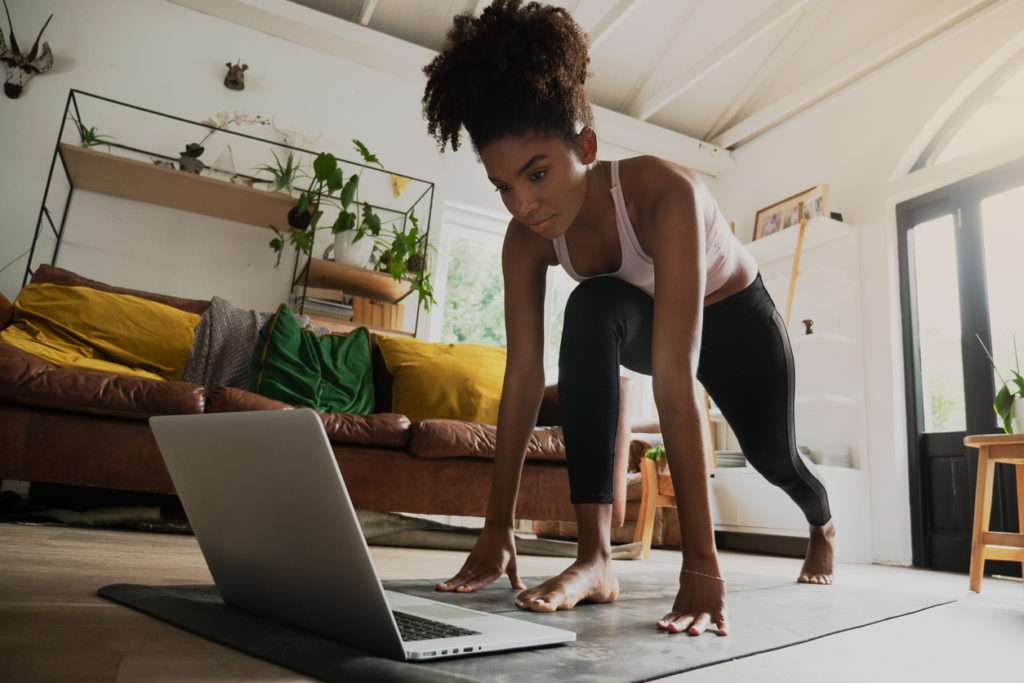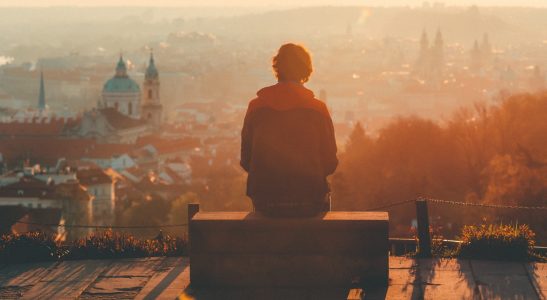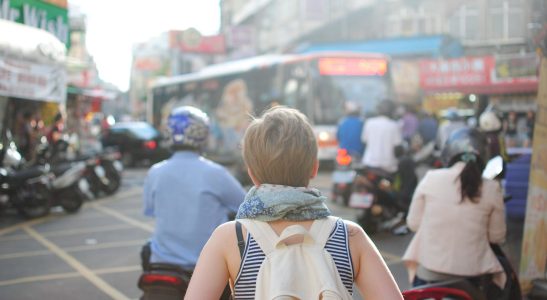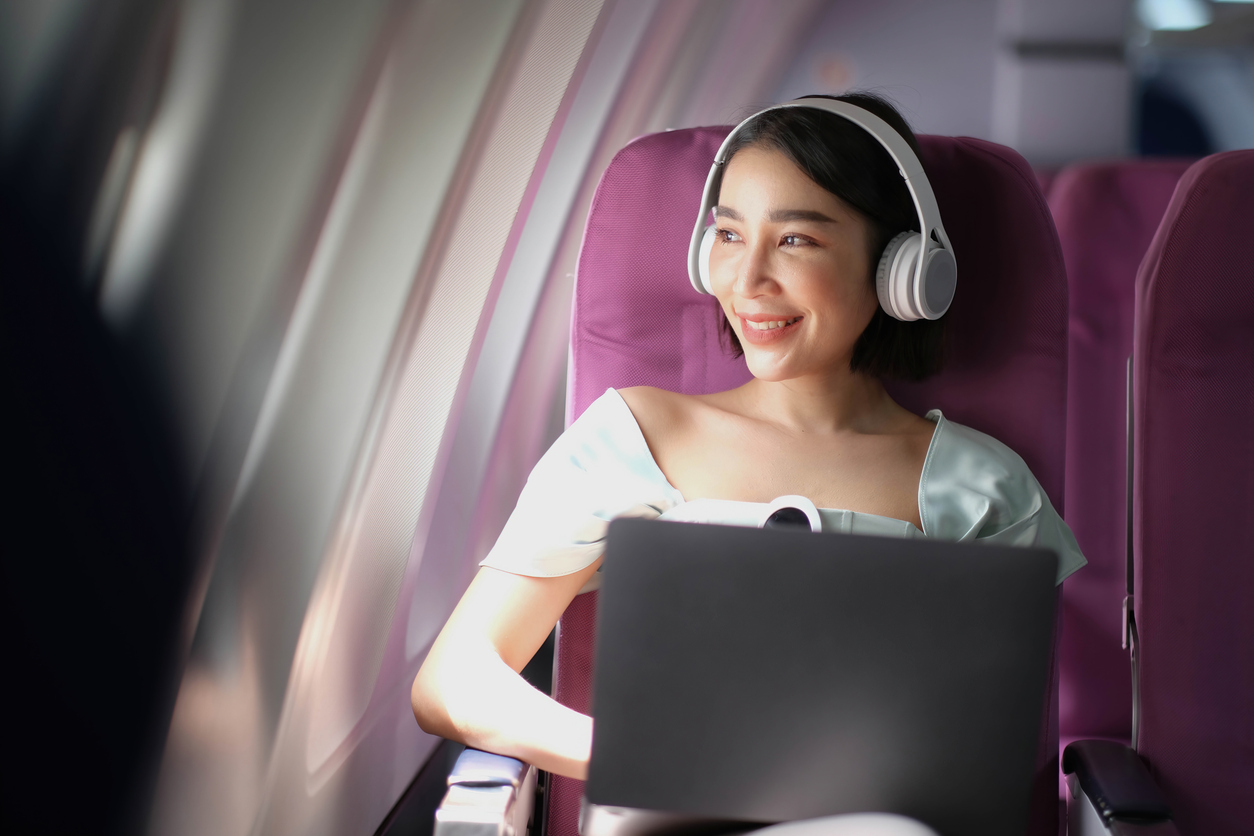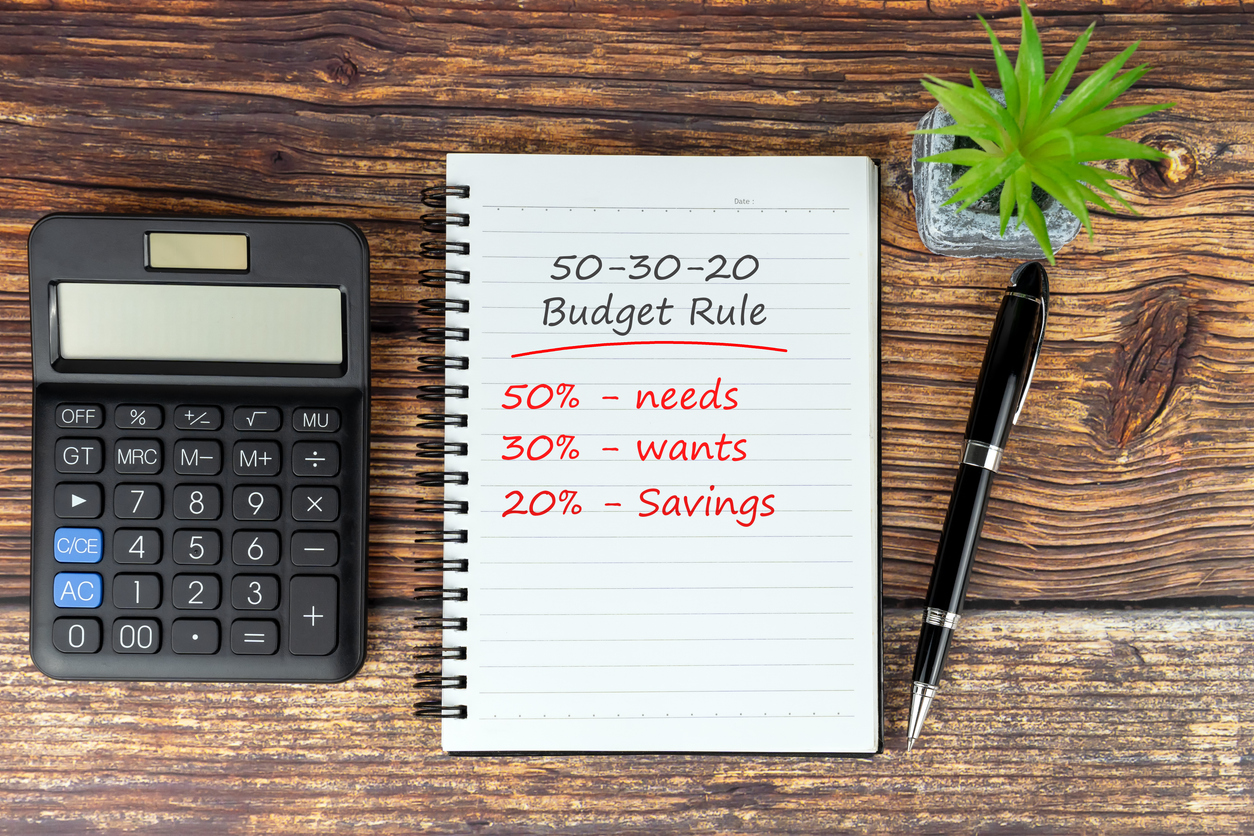This two-part guide will be looking at ways to support the Solo Living Community through winter lockdowns and restrictions. A self-help guide, split into two key areas; first physical health and then mental health in Part 2.
We find ourselves back where we were at the beginning of the year with anxiety levels moving day-to-day with changing information and guidance. What we have on our side is some time to prepare and some idea of what to expect.
Across the country, various lockdowns measures restricting our fondly held and accustomed freedoms are already affecting our physical and mental health. Many people living alone thrived through the first lockdown, but can we be so sure the same will happen through the winter pandemic?
It can be easy to overlook the importance of our physical health, particularly when you’re living alone and working from home for that matter. Without giving it a second thought, it’s all too easy to put off exercise when there’s no-one else around to remind you or help you stay motivated. Focusing on work tasks can provide a distraction and blur the boundaries of our day.
Keeping our bodies in optimal health has a direct impact on many other areas of our lives, such as the ability to focus, our motivation, sleep hygiene and our mental health. There are ways we can take steps to look after our physical health when living alone and have to stay put during a lockdown.
Our recommendations are just that – you don’t have to take on board all, or any of them. I would say pick one or two ideas from both the physical and mental health sections to help get started on creating your personalised self-help guide.

